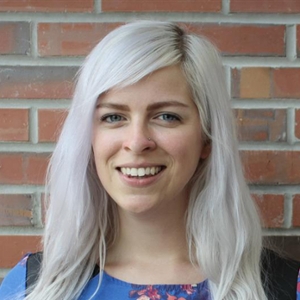Research Briefs from the Kinsey Institute
Summer 2016
The Real Stigma of Virginity
With a marked change from previous generations, Kinsey researchers found that sexually inexperienced people perceive themselves stigmatized by their sexual status. Similarly, being a virgin may limit dating opportunities, as heterosexual singles seeking committed partners reported that they were less likely to be interested in a person who was not sexually experienced. This was especially true for virgins.
Amanda Gesselman, Assistant Research Scientist at the Kinsey Institute, clarified that, for this study, “virginity” refers to not having had vaginal penetrative intercourse. Gesselman and co-authors Justin Garcia, Kinsey Institute, Indiana University, and Gregory Webster, University of Florida, published their findings in the Journal of Sex Research.
Study: “Has Virginity Lost Its Virtue? Relationship Stigma Associated with Being a Sexually Inexperienced Adult”

New study on LGBT Singles in America
A national survey of singles reveals the attitudes and behaviors of over 1000 singles who identify as LGBTQ. In this study, conducted by Match.com and the Kinsey Institute’s Dr. Justin Garcia, single LGBTQ Americans were asked about their coming out experiences, attitudes towards marriage and parenthood, dating culture, and how they identify within and beyond communities.

Study Reveals Sexting Attitudes and Behaviors
A new study shows that although most people who engage in sexting expect their messages to remain private, nearly one in four people are sharing the sexual messages they receive.
The study, “Sexting Among U.S. Singles: Prevalence of sending, receiving, and sharing sexual messages and images,” was conducted by Kinsey Institute faculty Justin Garcia and Amanda Gesselman, along with affiliates Shadia Siliman (Gender Studies), Brea Perry (Sociology and IU Network Science Institute), Kathryn Coe (IU Fairbanks School of Public Health), and Helen Fisher (Kinsey Institute Senior Research Fellow).
“There has been a lot of public concern about sexting practices, but there hasn’t been enough research examining how people perceive and experience the relative costs and benefits of sexting,” Garcia said.
Support Kinsey
Love is more than an emotion. It is essential to our individual and collective well-being. Your support will help the Kinsey Institute advance research and education in the science of love and give a diverse field of researchers the resources they need to make new discoveries.
Pledge your support